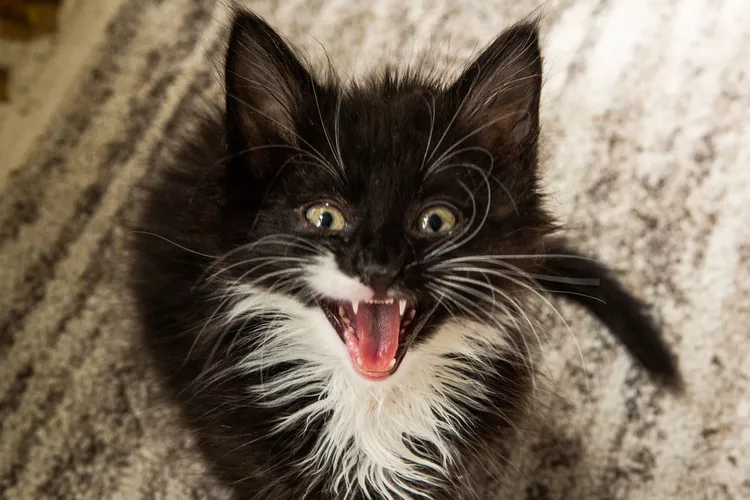
Caring for a new kitten can be exciting, but it is also a huge responsibility. Most people know they must take care of the basics like food, water, and housing, but there are so many other things to consider. So before a decision is made to bring home a kitten, make sure you know what is needed to provide them with the best chance of living a healthy and happy life.
Routine health visits, vaccinations, parasite screening and prevention, and spaying and neutering, are all vital to a pet's overall health. But did you know your kitten's dental health is just as important? More than half of cats over the age of three suffer from dental disease. Cats have some of the same dental issues as dogs, yet feline dental care is probably the most over-looked and undertreated. This article will focus on kitten dental care, including the normal make up of the kitten's oral cavity, a common dental condition and how it is treated, and how owners can take care of their kitten's teeth at home.
Cats, like humans, have two sets of teeth in their lifetime. Their kitten teeth also referred to as primary, milk, or deciduous teeth, and then their permanent, or adult teeth. Kittens are born without visible teeth. Around three weeks of age, their kitten teeth will begin to erupt. By four months of age, all of their 26 primary teeth, should be visible. By the time a kitten reaches six to seven months, all of their 30 permanent teeth should have erupted.
Before adult teeth erupt through the gums, they start to develop from tooth buds located in the upper and lower jaws. As the adult teeth develop they will start pressing against the roots of the baby teeth, and then things get a little complicated. The teething process usually begins around 11 to 12 weeks of age. During this time kittens may experience drooling, difficulty eating, and may be slightly irritable. Most kittens will have an urge to chew on things, usually the wrong thing! A characteristic breath odor may also be noted. This odor is normal and should subside once the teething process is over.
By the time a kitten is about six to seven months old, the adult teeth should be in. Sometimes, the kitten teeth fail to fall out and it continues to occupy space where only the adult teeth should be. When deciduous (kitten) teeth don’t fall out to make way for the permanent teeth, they are called retained deciduous teeth. Retained deciduous teeth should be surgically extracted once they are discovered to avoid dental problems.
When deciduous and permanent teeth are trying to occupy the same space, this double row of teeth overcrowds the mouth, and food gets trapped between the teeth. Trapped food can cause periodontal disease, an infection of the tissue that holds the teeth in place. In addition, the double sets of teeth mean there will be double sets of roots. This will prevent normal development of the tooth’s socket and will eventually erode gum support around the adult tooth. Surgical removal of retained deciduous teeth gives adult teeth the space needed to develop properly.
If you start brushing your kitten's teeth at an early age, they may be more accepting of it when they are older and their adult teeth come in. Make sure to use a toothbrush and paste that is approved for cats. Do not use human toothpaste. Toothpaste comes in a variety of flavors for cats, including chicken and tuna. Find one that your kitten likes and try to brush their teeth at least three times a week, more if they will let you!
When kittens get a little older, they may not tolerate brushing. Some animals, especially those with tender gums, will not tolerate brushing but are more amenable to disinfecting wipes or pads. Dental wipes, rinses, and pads will wipe off plaque deposits from the surface of the tooth and. They aren't helpful in removing food particles out of the gum socket, but they are probably the next best thing to brushing. These products are best used daily.
Treats are not a replacement for brushing, however, kittens that have their adult teeth may benefit from chewing on a proper dental chew daily. They can substantially reduce plaque and tartar by up to 69 percent. Greenies are a great option for kittens and cats. To avoid weight gain, make sure to feed only the recommended amount of treats.
The goal of starting home dental care early on with your kitten is to prevent periodontal disease when they are older. A professional cleaning by your veterinarian may be necessary sometime during their life, but incorporating a dental care routine for your kitten in your daily schedule may reduce the number of cleanings needed in the future.
References
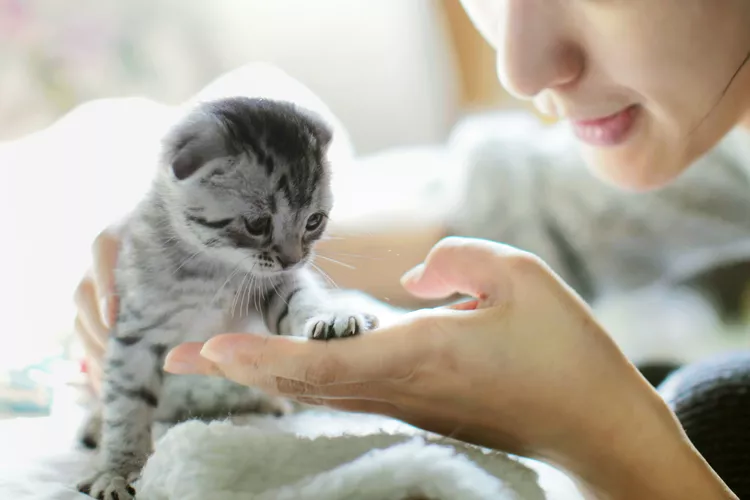
The First 30 Days With Your New Kitten
The first month is full of changes and excitement for a kitten in a new home. Find out what to expect and what you can do for your new feline friend.
How Old Is Your Cat in Human Years?
As a cat ages, there are often behavioral and physical changes too. Find out how to convert cat years to human years and what to expect at each stage.
What to Buy for Your New Cat: A List of Essentials
Before you bring your new cat or kitten home, there are a number of things to collect or buy so your cat will feel welcomed like a family member.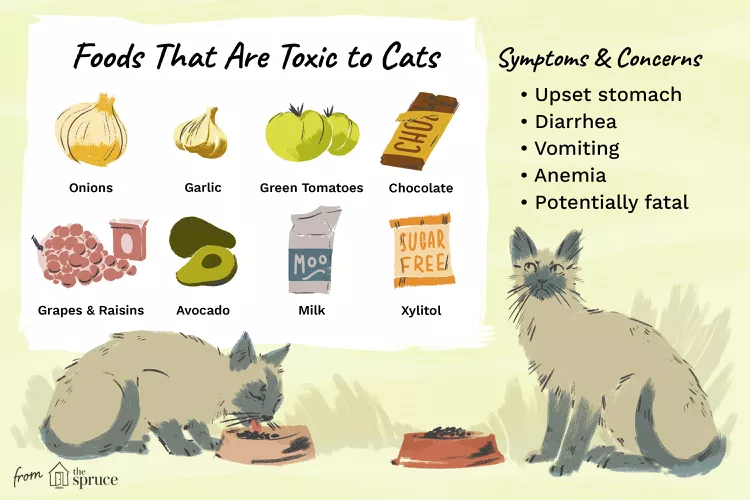
Human Foods That Are Poisonous to Cats
Many human foods are toxic to cats. Avoid feeding cats table scraps. Instead, feed a nutritious cat food created for their specific nutritional needs.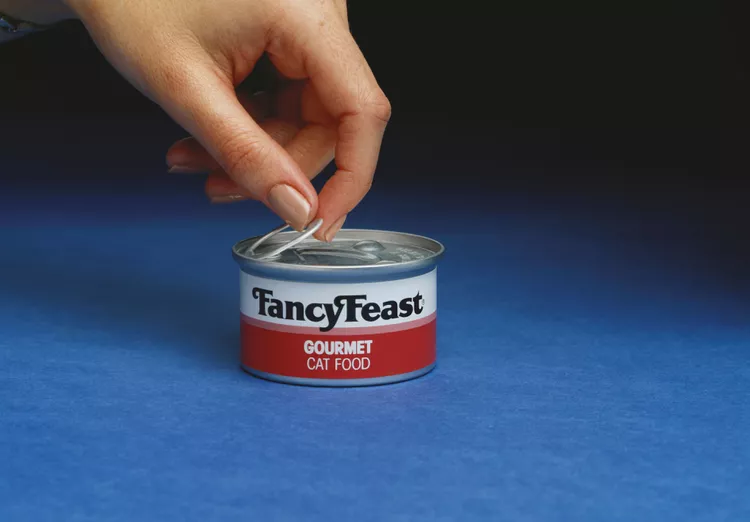
Cat Food Ingredients to Avoid
When checking the nutrition content of cat food, look for ingredients that are not healthy or show it is of poor quality. Avoid these 3 ingredients.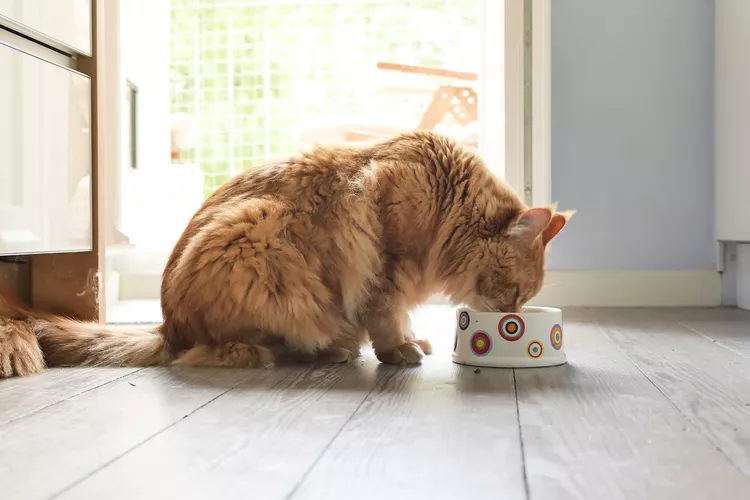
Should You Feed Your Cat a Raw Diet?
Learn the pros and cons of raw diets for cats, and find out how to choose a raw food diet for your own cat.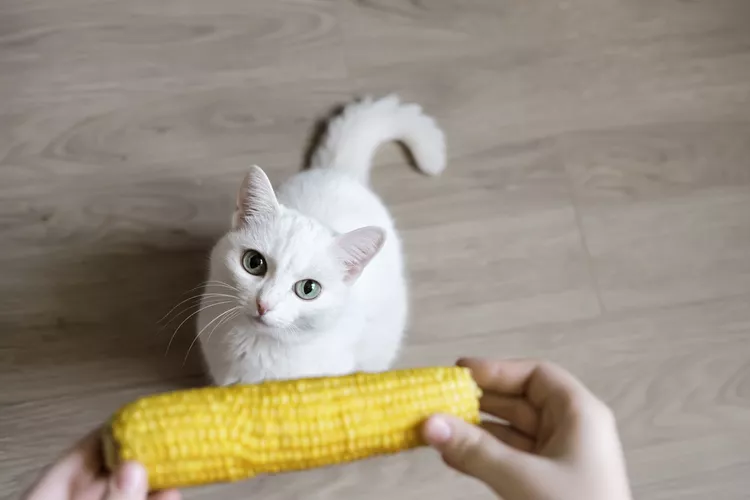
Can Cats Eat Corn? Here's What A Vet Thinks
Corn is a common ingredient in cat food and can be a safe treat for cats when fed in moderation. Find out more about how to safely feed corn to your cat.
10 Obscure, Little-known Canine Facts in Honor of National Dog Day
With National Dog Day upon us, it's time to celebrate everything about our favorite pets—even the weirder stuff. Here are 10 obscure facts about dogs you probably didn't know.
The Different Types of Pet-Friendly Workplaces
Discover the different types of pet-friendly workplaces and the benefits they offer employees. Learn how to create a pet-friendly workplace and the best practices for pet owners.
Exploring the Different Types of Pet-Friendly Beaches
Are you looking for pet-friendly beaches? Learn about the different types of pet-friendly beaches, their locations, and tips for visiting them with your pet.
Why Is My Dog Lethargic?
Lethargy can be a sign that something is wrong with your dog. Find out what may be causing this lack of energy and what you should do about it.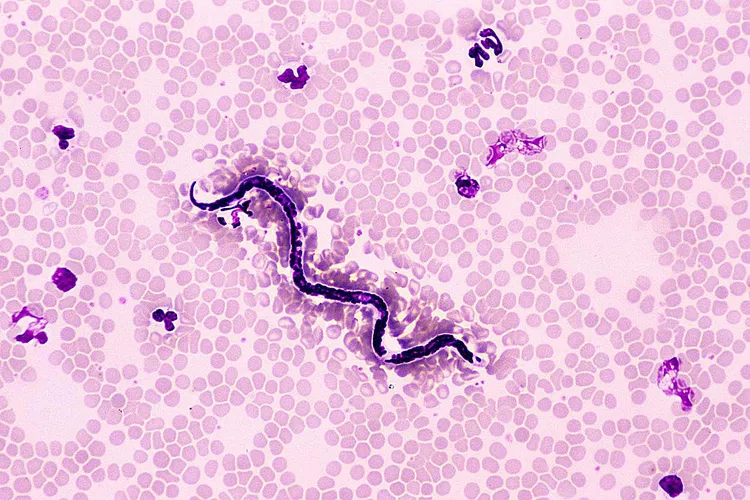
Medications to Prevent Heartworm Disease for Dogs
Heartworm disease is a serious risk for all dogs exposed to mosquitos. Find out about the products used to prevent Heartworm disease in dogs.
Can My Dog Eat Tomatoes?
You'll want to keep Fido out of your garden since the tomato plant is toxic, but you can safely offer him ripe tomatoes as a nutrient-packed treat.
15 Best American Cat Breeds
Several cat breeds, including the American shorthair and Bengal, have their origins in the United States. Learn more about these American cat breeds.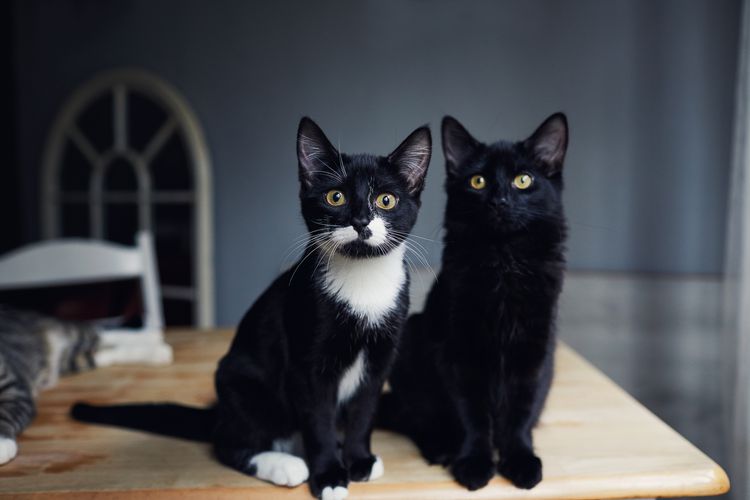
Why Do Cats Slap Each Other?
Cats can have some quirky behaviors—one of them being slapping each other. Why do they do this and what can you do to stop it?
Skye Terrier: Dog Breed Characteristics & Care
Learn all about the Skye Terrier, an elegant breed known for its friendly and even-tempered personality with classic terrier traits.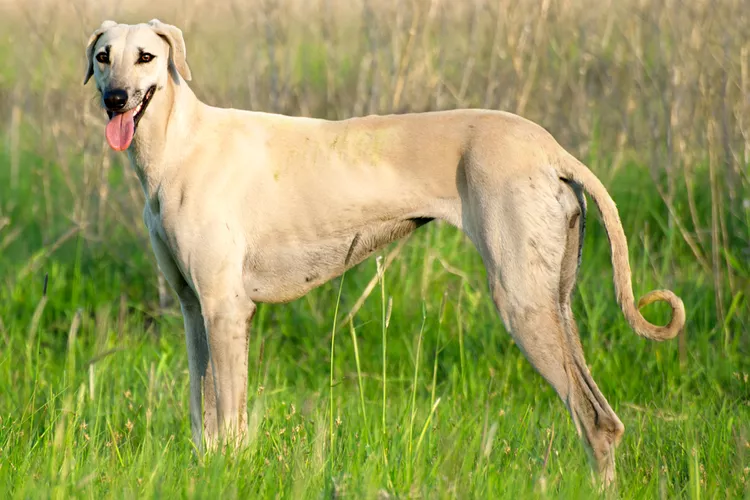
Sloughi: Dog Breed Characteristics & Care
Learn all about the Sloughi, an ancient dog breed known for its impressive running ability, slim stature, and affection toward its family.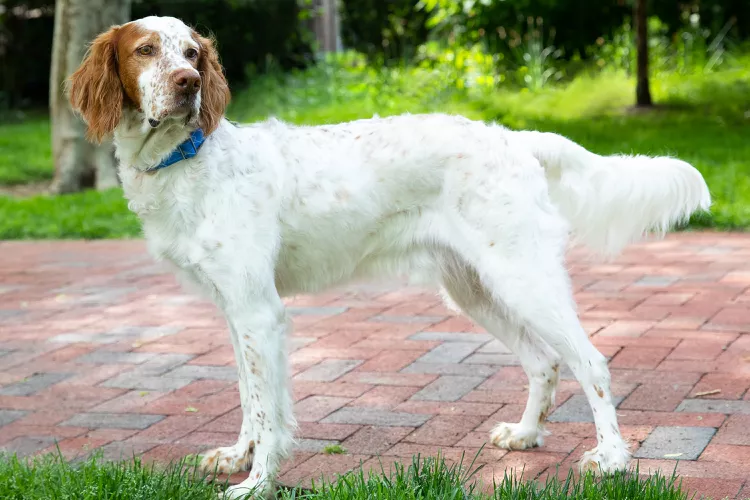
English Setter: Dog Breed Characteristics & Care
Learn about the English setter, an excellent hunting breed for pointing and retrieving game. It's also a popular and affectionate companion dog.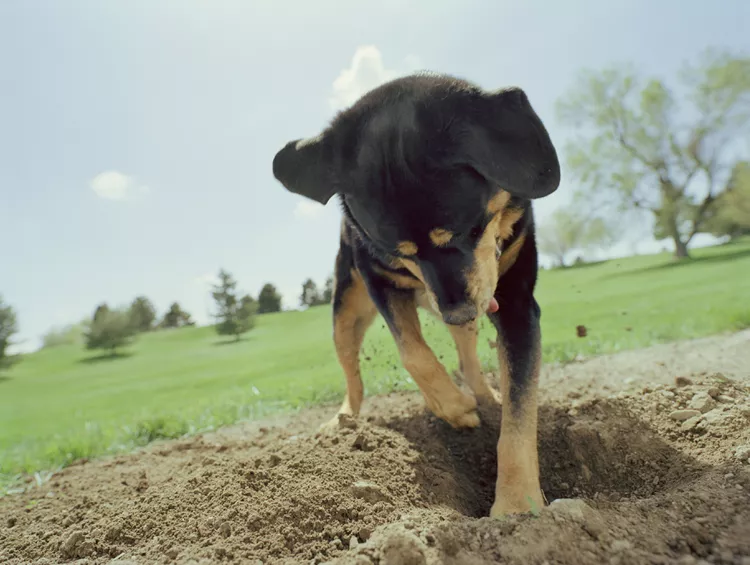
Why Dogs Bury Bones and Other Objects
If you give a dog a bone, he might bury it. Why is that? Learn about this burying behavior in dogs and what it means for your pet.
Reasons Why Dogs Run Away and How to Stop It
Dogs can escape, especially if they’re bored and not properly contained. Here are some techniques for stopping your dog from running away.